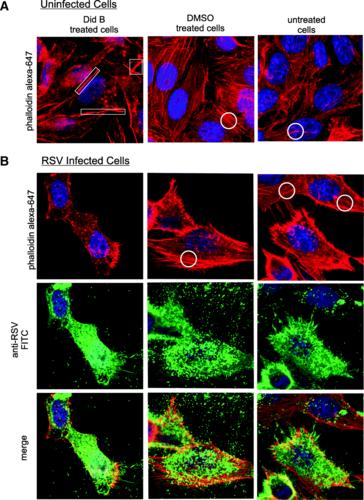
Ant Bites Treatment: A Comprehensive Guide
Ant bites can be a pesky problem, especially during the warmer months when these tiny creatures are most active. Whether you’ve been stung by a red ant, fire ant, or any other type, treating ant bites promptly is crucial to alleviate discomfort and prevent infection. In this article, we’ll delve into various treatment options, home remedies, and preventive measures to help you manage ant bites effectively.
Understanding Ant Bites
Ant bites occur when ants inject venom into your skin to defend themselves or to feed their larvae. The venom can cause an allergic reaction in some individuals, leading to severe symptoms. Common symptoms of ant bites include:

- Pain or stinging sensation
- Redness and swelling
- Itching
- Bruising
- Inflammation
In some cases, ant bites can lead to more serious complications, such as allergic reactions or infections. It’s essential to treat ant bites promptly to avoid these complications.
Immediate Treatment
When you discover an ant bite, it’s important to act quickly. Here are some immediate steps you can take to alleviate discomfort and prevent infection:
- Remove the Stinger: If you can see the stinger, gently scrape it out with a credit card or your fingernail. Avoid squeezing it, as this can release more venom.
- Wash the Area: Clean the bite area with soap and water to remove any venom or debris.
- Apply Ice: Ice can help reduce swelling and numb the area. Wrap an ice pack in a cloth and apply it to the bite for 10-15 minutes at a time.
- Take Pain relievers: Over-the-counter pain relievers like ibuprofen or acetaminophen can help alleviate pain and reduce inflammation.
Home Remedies for Ant Bites
While medical treatment is essential in some cases, there are several home remedies that can help soothe the discomfort and promote healing:
- Baking Soda: Mix baking soda with water to create a paste. Apply the paste to the bite and leave it on for 10-15 minutes before rinsing off with water.
- Apple Cider Vinegar: Dilute apple cider vinegar with water and apply it to the bite. This can help neutralize the venom and reduce itching.
- Aloe Vera: Aloe vera has soothing properties that can help alleviate pain and reduce inflammation. Apply fresh aloe vera gel directly to the bite.
- Tea Tree Oil: Tea tree oil has antibacterial and antiseptic properties that can help prevent infection. Dilute a few drops of tea tree oil with a carrier oil, such as coconut oil, and apply it to the bite.
Medical Treatment
In some cases, medical treatment may be necessary, especially if you experience severe symptoms or have a known allergy to ants. Here are some common medical treatments for ant bites:
- Antihistamines: Antihistamines can help reduce itching and inflammation. They are available over-the-counter or by prescription.
- Topical Creams: Topical creams containing hydrocortisone or benzocaine can help alleviate pain and reduce inflammation.
- Oral Steroids: In severe cases, your doctor may prescribe oral steroids to reduce inflammation and swelling.
- Antibiotics: If you develop an infection, your doctor may prescribe antibiotics to treat the infection.
Preventive Measures
Preventing ant bites is always better than treating them. Here are some tips to help you avoid these pesky creatures:
- Keep Your Home Clean: Ants are attracted to food and water. Regularly clean your kitchen and dining areas, and take out the trash regularly.
- Seal Entry Points: Inspect your home for cracks, gaps, and other entry points where ants can enter. Seal these areas with caulk or weather stripping.
- Store Food Properly: Keep food in airtight containers and store it in a





